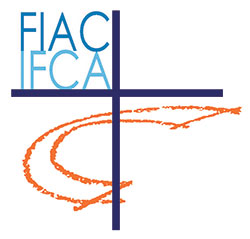Friendship in society
Social peace demands hard work, craftsmanship. It would be easier to keep freedoms and differences in check with cleverness and a few resources. But such a peace would be superficial and fragile, not the fruit of a culture of encounter that brings enduring stability. Integrating differences is a much more difficult and slow process, yet it is the guarantee of a genuine and lasting peace. That peace is not achieved by recourse only to those who are pure and untainted, since “even people who can be considered questionable on account of their errors have something to offer which must not be overlooked”.[206] Nor does it come from ignoring social demands or quelling disturbances, since it is not “a consensus on paper or a transient peace for a contented minority”.[207] What is important is to create processes of encounter, processes that build a people that can accept differences. Let us arm our children with the weapons of dialogue! Let us teach them to fight the good fight of the culture of encounter! (FT 217)
In this way it becomes possible to build communion amid disagreement, but this can only be achieved by those great persons who are willing to go beyond the surface of the conflict and to see others in their deepest dignity. This requires acknowledging a principle indispensable to the building of friendship in society: namely, that unity is greater than conflict. Solidarity, in its deepest and most challenging sense, thus becomes a way of making history in a life setting where conflicts, tensions and oppositions can achieve a diversified and life-giving unity. This is not to opt for a kind of syncretism, or for the absorption of one into the other, but rather for a resolution which takes place on a higher plane and preserves what is valid and useful on both sides. (EG 228)
- pl_view_post:
- 922








